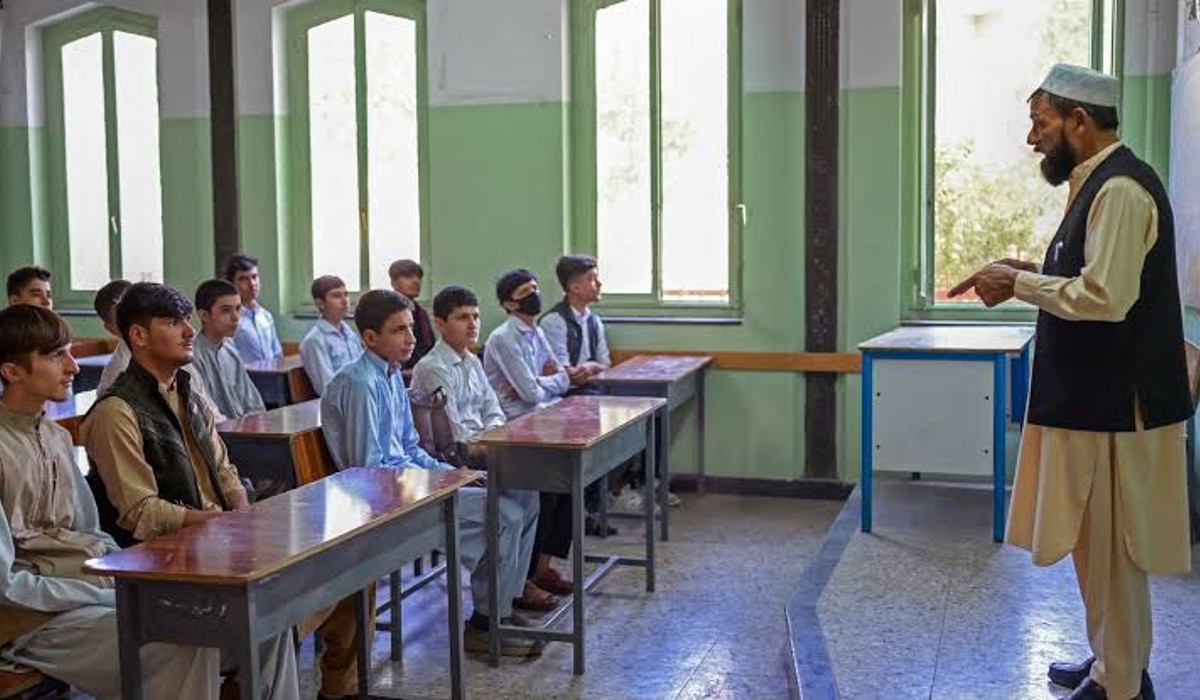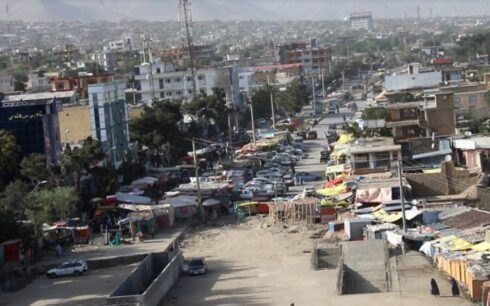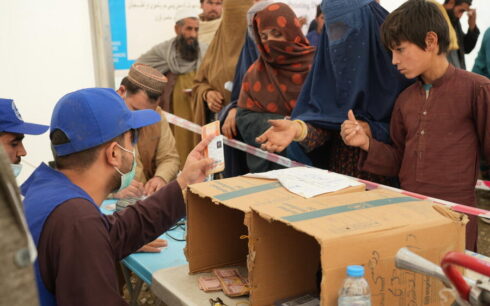As the world marked World Teachers’ Day on October 5, Afghan students were barred from celebrating the occasion due to the Taliban’s ongoing restrictions.
The Taliban’s Ministry of Vice and Virtue issued a directive prohibiting any observance of the day, further tightening its control over education in Afghanistan.
The United Nations Educational, Scientific, and Cultural Organization (UNESCO) had emphasized the pivotal role teachers play in shaping the future, nurturing students, and advancing educational progress. This year’s theme for World Teachers’ Day, “Valuing Teacher Voices: Toward a New Social Contract for Education,” aimed to address the systemic challenges faced by educators and called for inclusive dialogue on their role in society. Yet, in Afghanistan, those voices are being stifled.
Teachers in Afghanistan, especially under the Taliban’s rule, continue to face overwhelming challenges. Sharifa Ahmadi, a teacher in Herat for 18 years, recounted the hardships she endures. As the sole breadwinner for her family, she teaches Dari subjects but has seen her salary drastically reduced. In recent months, the Taliban cut the salaries of female public servants, including teachers like Sharifa, who have been forced to stay home. Their monthly pay has been reduced to 5,000 Afghanis (roughly $60), further exacerbating their economic struggles.
“All the household responsibilities fall on me. My daughter is studying, and I am facing many economic difficulties,” Sharifa said, criticizing the Taliban’s delays in paying teachers and expressing the severe financial hardships her family is experiencing.
Since taking control of Afghanistan, the Taliban have banned girls above grade six from attending school. In June, Taliban leader Hibatullah Akhundzada issued a decree reducing the salaries of all female government employees, including teachers, to the same 5,000 Afghanis if they were not performing “active duties.” This decree has affected thousands of women, many of whom are the primary earners for their families.
“We are facing many challenges. Half of the teachers are unemployed, and the rest do not receive their salaries on time,” said Fareshta, another teacher.
Students, too, expressed frustration over the restrictions. Some had prepared gifts for their teachers in anticipation of World Teachers’ Day, but were ultimately barred from celebrating. The Taliban have yet to officially comment on the ban, but they reportedly described the event as a “non-Muslim act.”
The crackdown on celebrations comes at a time when Afghanistan’s education system is already under immense strain, with teachers and students alike grappling with the Taliban’s strict policies and the deteriorating economic conditions in the country.





